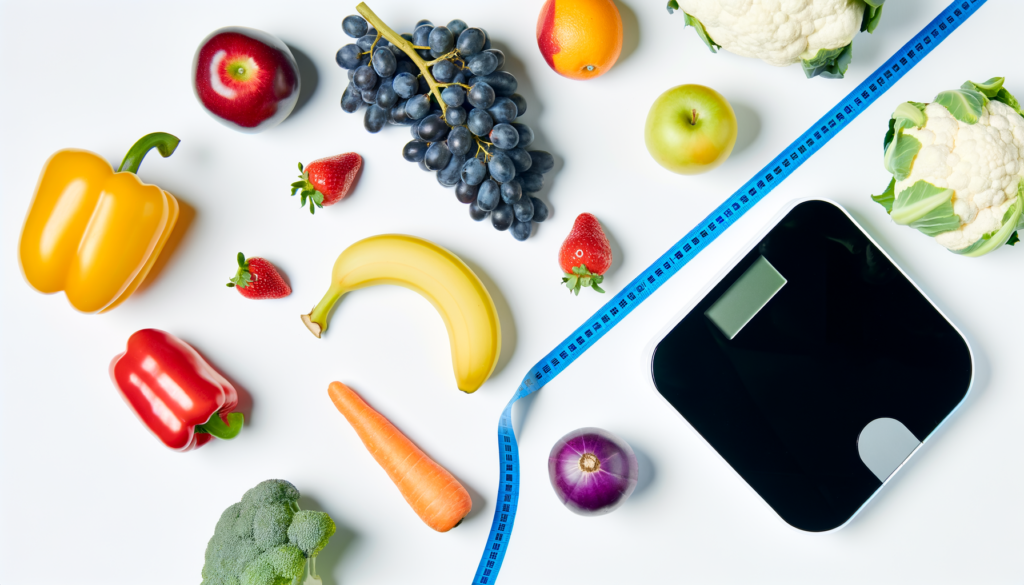The Importance of Calorie Tracking for Vocal Performers and Professional Speakers
For vocal performers and professional speakers, maintaining optimal vocal health is crucial for their career success. One often overlooked but vital aspect of vocal health is nutrition, specifically calorie tracking. In this article, we will delve into the importance of calorie tracking, how it impacts vocal performance, and provide actionable tips and real-world examples to help you optimize your diet.
Vocal Health Nutrition: The Foundation of Performance
Vocal health nutrition is not just about eating a balanced diet; it’s about ensuring that your body has the necessary fuel to support your vocal demands. A well-nourished body can help prevent vocal fatigue, reduce the risk of vocal cord injuries, and enhance overall performance. Here are some key nutrients that are essential for vocal health:
- Hydration: Adequate hydration is critical for maintaining healthy vocal cords. Water helps keep the mucous membranes moist and lubricated, which is essential for smooth vocal production. Aim to drink at least 8-10 glasses of water per day.
- Proteins: Proteins are building blocks of tissues, including the vocal cords. Include protein-rich foods like lean meats, fish, eggs, and plant-based options such as beans and lentils in your diet.
- Complex Carbohydrates: Complex carbs provide sustained energy and support overall health. Include foods like whole grains, fruits, and vegetables in your meals.
- Healthy Fats: Healthy fats are important for hormone production and can help reduce inflammation. Nuts, seeds, avocados, and olive oil are good sources of healthy fats.
Performer Diets: Tailoring Your Nutrition Plan
A performer’s diet should be tailored to meet their specific energy needs and support their vocal health. Here are some tips to help you create an effective nutrition plan:
Calorie Intake: The calorie intake for vocal performers can vary depending on their activity level and performance schedule. Generally, a balanced diet that includes a mix of proteins, complex carbohydrates, and healthy fats is recommended. You can use tools like the Calorie Calculator Cloud to determine your daily calorie needs based on your activity level and goals.
Meal Timing: Timing your meals correctly can help optimize your performance. Eating a light meal or snack about an hour before performing can provide the necessary energy without causing discomfort or bloating. Avoid heavy meals close to performance times.
Avoid Irritants: Certain foods and substances can irritate the throat and vocal cords. Common irritants include spicy foods, acidic beverages like coffee and alcohol, and dairy products for some individuals. It’s important to identify what works best for you through trial and error.
Throat Wellness: Additional Tips for Optimal Performance
Beyond diet, there are several additional tips that can help maintain throat wellness and support your vocal performance:
- Warm-Up Exercises: Engage in vocal warm-up exercises before performing to help loosen up your vocal cords and get your voice ready for the demands ahead.
- Rest and Recovery: Adequate rest is crucial for vocal recovery. Ensure you get enough sleep and take breaks during long performances or rehearsals.
- Humidify Your Environment: Dry air can dry out your vocal cords. Using a humidifier, especially in dry environments or during cold weather, can help keep your throat moist.
- Avoid Overuse: Avoid overusing your voice by taking regular breaks and speaking at a comfortable volume. This can help prevent vocal strain and fatigue.
Real-World Examples and Case Studies
Many professional vocal performers and speakers have found success by incorporating careful calorie tracking and nutrition planning into their routines. Here are a few examples:
Adele: The renowned singer Adele has spoken publicly about how she changed her diet to improve her vocal health. She avoided acidic foods and drinks, increased her hydration, and focused on eating balanced meals to support her performances.
Tony Robbins: As a professional speaker, Tony Robbins emphasizes the importance of nutrition in his daily routine. He includes a variety of fruits, vegetables, lean proteins, and whole grains in his diet to maintain his energy levels throughout his demanding speaking engagements.
Tools and Resources for Effective Calorie Tracking
To ensure you are meeting your nutritional needs effectively, using the right tools can be incredibly helpful. Here are some resources you might find useful:
- Calorie Calculator Plans: This tool allows you to calculate your daily calorie needs based on your activity level, weight goals, and other factors. It also provides personalized meal plans to help you stay on track.
- MyFitnessPal: This app helps you track your daily food intake and provides detailed nutritional information about the foods you eat.
- Healthline’s Vocal Cord Care Guide: This guide offers comprehensive tips on how to care for your vocal cords through diet and lifestyle changes.
Conclusion and Next Steps
In conclusion, calorie tracking is a critical component of maintaining optimal vocal health for performers and professional speakers. By understanding the importance of nutrition, tailoring your diet to meet your specific needs, and using the right tools and resources, you can enhance your performance and protect your vocal health.
If you’re looking to optimize your diet for better vocal performance, consider starting with small changes such as increasing your hydration levels or avoiding irritant foods. For more personalized advice, consult with a nutritionist or use online tools like the Calorie Calculator Cloud to get tailored recommendations.
Remember, taking care of your voice is an investment in your career. By prioritizing vocal health nutrition through careful calorie tracking and other lifestyle adjustments, you can ensure that your voice remains strong and resilient over time.








